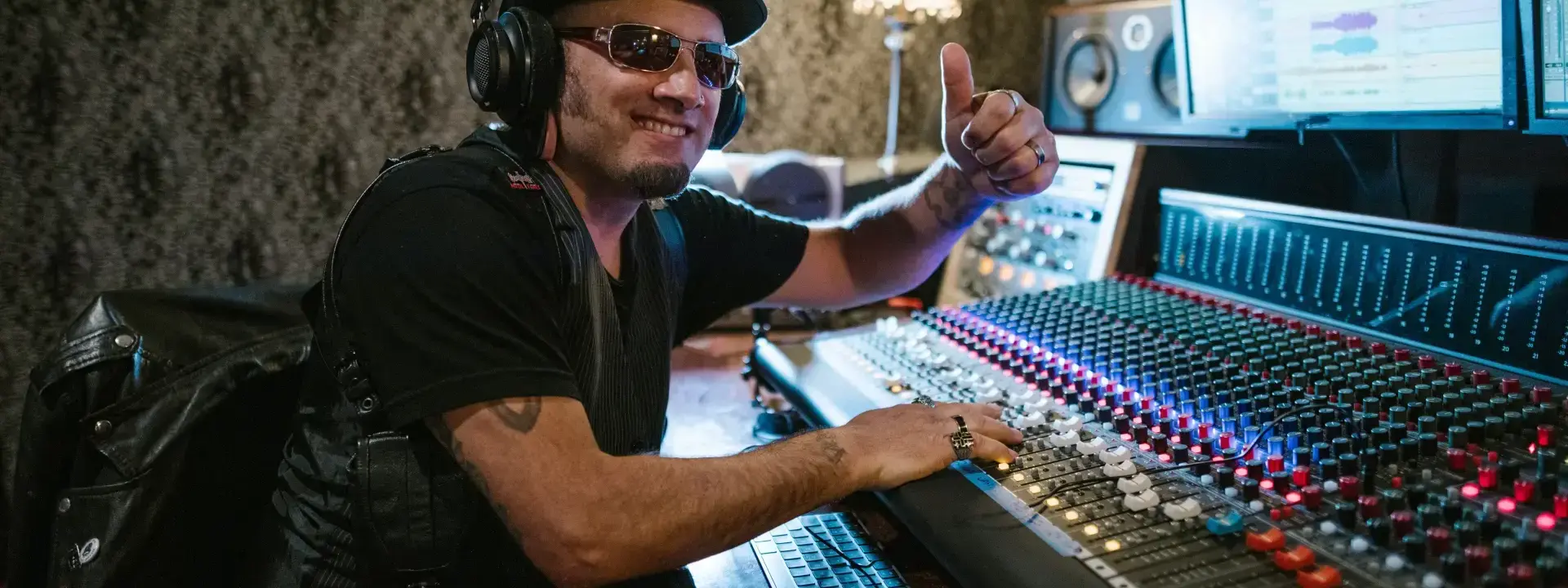
Music Producer Job Description
What is a Music Producer Professional?
A music producer is responsible for the overall sound of a musical recording. They work with the artists, musicians and engineers to create a finished product that meets the artists vision while also staying within the budget and timeframe set by the record label. A music producer may also play a role in overseeing songwriting sessions, selecting which takes of a song should be used, and coaching vocalists on how to perform their parts. In recent years, the line between artist and producer has become blurred, as many producers are now expected to contribute creatively to the recording process.. This can include adding new instrumentation or arrangement ideas, offering suggestions for vocal melodies or lyrics, and even helping to write songs. While each producer has their own specific way of working, there are some general duties that are usually carried out by most producers. These include: Choosing which songs to record: The producer will often have a say in which songs are recorded for an album or project.
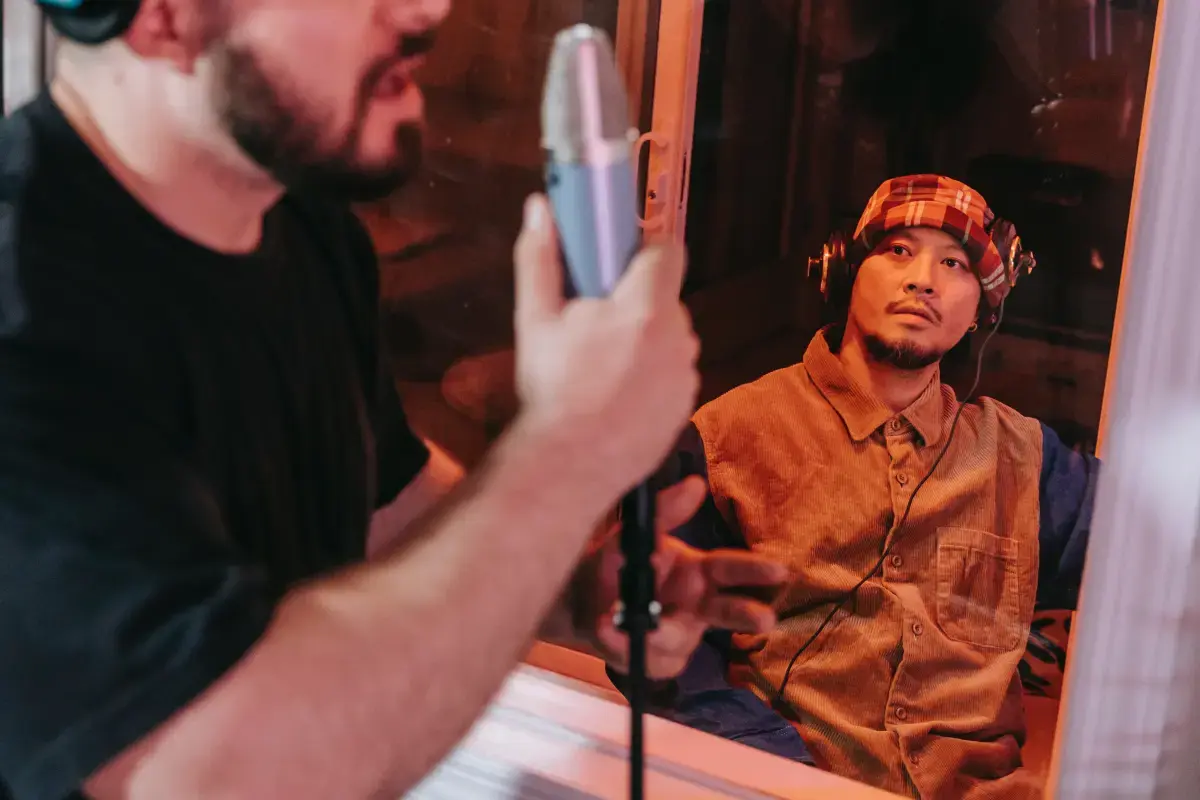
What does a Music Producer Expert do?
They will take into account factors such as what will appeal to the target audience, what style of music would suit the artist’s voice best, and which songs would be most likely to achieve commercial success. Helping to arrange the songs: Once it has been decided which songs will be recorded, the Producer will help with arranging them. This may involve adding or removing sections, changing key signatures or tempo, and generally shaping the song into its final form. The Producer will also often come up with ideas for instrumentation and arrangements. Coaching the artist on their performance: A big part of a Producer’s job is getting a good performance out of the artist. This may involve giving direction on how they should sing or play their instrument, offering feedback on takes, and generally helping them to feel comfortable and confident in the studio so that they can give their best performance possible. continued... Overseeing the overall sound of recordings: The Producer is responsible for making sure that each recording sounds good both individually and as part of the finished product. To do this they will work closely with the recording engineer to ensure that each track is captured well and sits nicely within the mix (the balance of all instruments and voices). The Producer may also add effects such as reverb or delay during mixing to create a certain atmosphere or make certain elements stand out more.
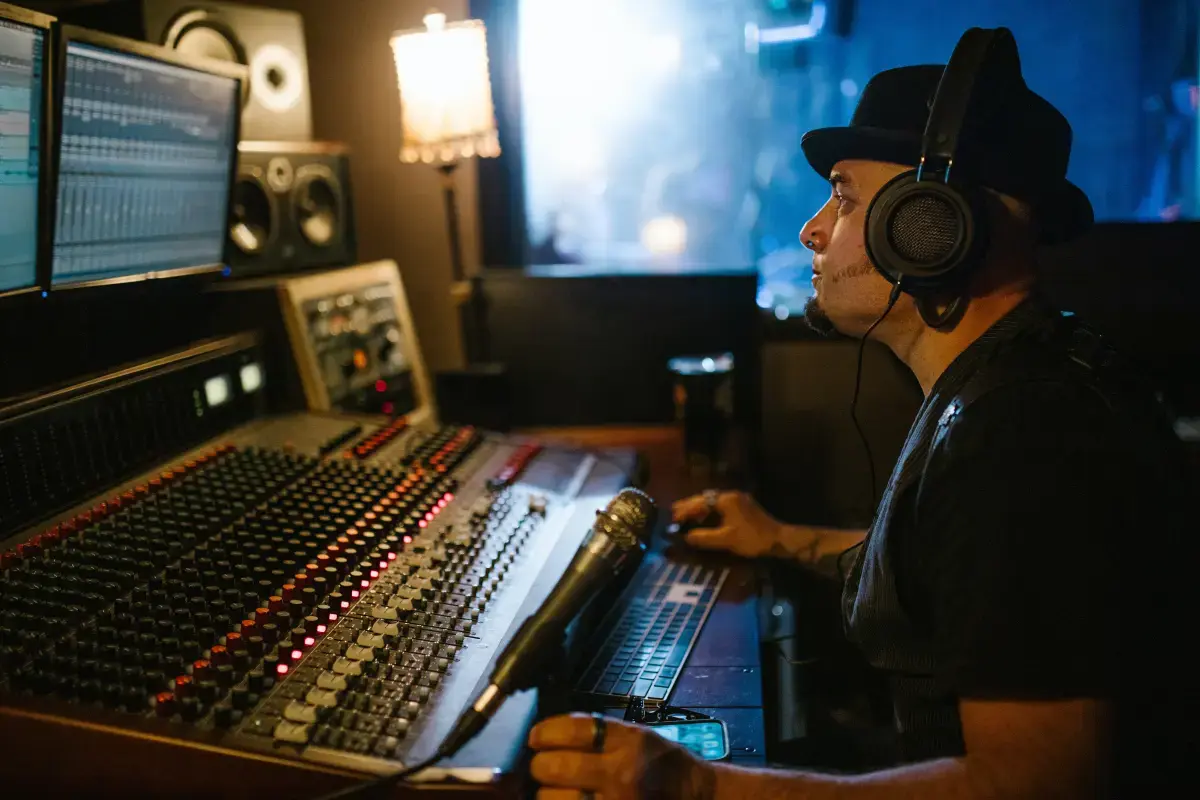
What are the Skills of a Music Producer?
In order to be a successful music producer, one must have a wide range of skills and experience. These skills include: 1) Music knowledge: A good producer needs to have a firm understanding of music theory, composition, and arrangement. This knowledge will allow them to hear a song and know how to make it better. Without this skill, it will be very difficult to produce quality music. 2) Technical ability: A producer must be able to use the various recording and production software programs available. They need to understand how these programs work in order to get the best sound possible. Without this technical ability, they will not be able to produce quality recordings. 3 Artist development: A producer must be able to work with artists and help them develop their sound. They need to understand what an artist is trying to achieve and then help them create the perfect sonic landscape for their songs.
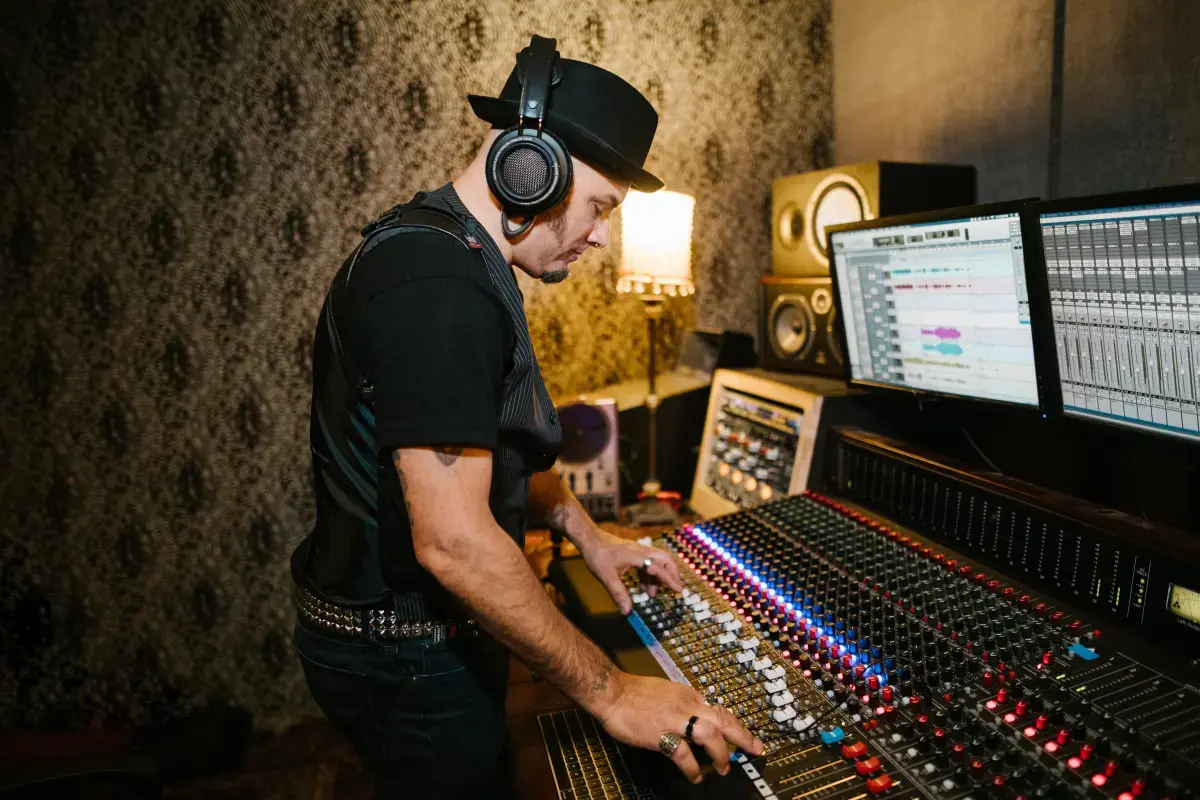
What makes an Expert Music Producer?
Without this skill, producers will only be able to create generic sounding records. 4) Business acumen: In today’s music industry, producers need more than just musical skills; they also need business skills. A good producer should understand things like copyright law, licensing, and marketing. This business knowledge will allow them to protect their own interests as well as their artists’ interests.) Passion: Last but not least, a good producer must have a passion for music. This passion drives them to want to make the best possible recordings that they can possibly make.
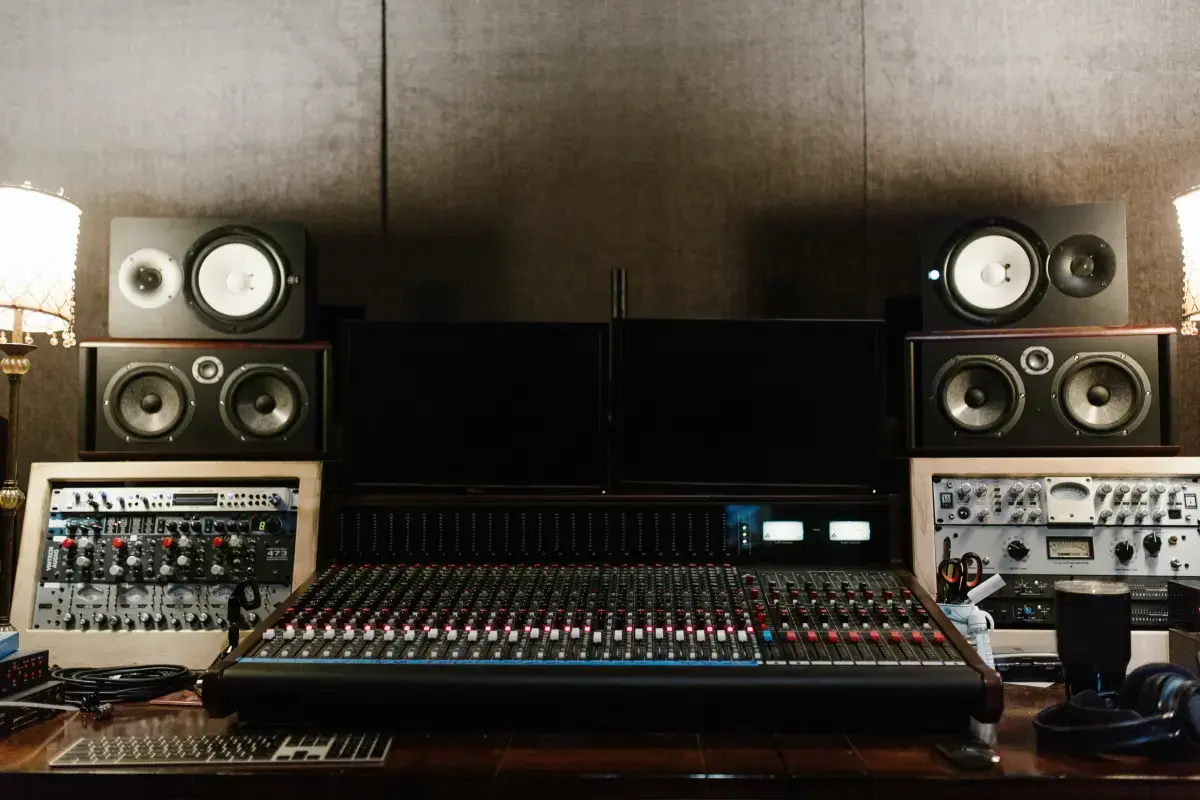
What level of Experience & Qualifications are required to be a Music Producer?
Experience: Several years of experience in music production, including working with both live and recorded instruments; knowledge of recording techniques and audio engineering. • Training: Extensive training in music theory, composition, arranging, mixing/mastering, sound design, MIDI programming and synthesis. • Qualifications: Professional qualifications such as a diploma or degree in Music Production from an accredited institution. Other certifications such as Pro Tools Certification may also be beneficial. • Education: A strong understanding of the fundamentals of music production, including musical styles and genres; knowledge of digital audio workstation (DAW) software programs; basic understanding of acoustics and signal flow.
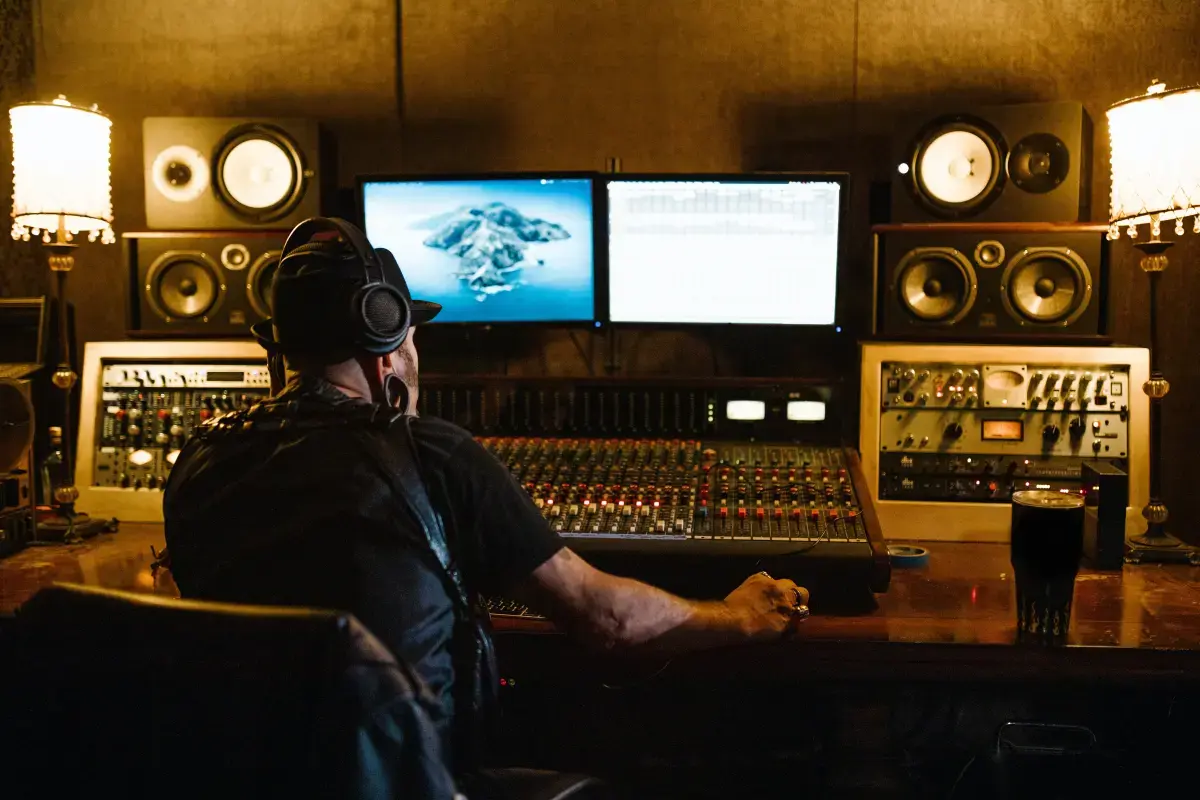
What is the Salary of a Music Producer?
Salary expectations for a music producer can vary greatly depending on experience, geographic location and the type of work they are doing. Junior Music Producers: Junior music producers typically start their careers with low salaries ranging from $25,000 to $35,000 per year. These producers have limited experience and may be working as interns or assistants in larger studios or production houses. They often lack the technical skills necessary to take on more complex projects but will gain valuable industry exposure through these roles. Mid-Level Music Producers: Mid-level music producers usually earn between $45,000 and $65,000 per year. These professionals generally have some experience producing songs for smaller artists or independent labels. Their responsibilities include overseeing sessions, handling logistics such as booking studio time and musicians, creating budgets for projects and ensuring quality control throughout each step of the process. Senior Music Producers: Senior music producers can make anywhere from $75,000 to well over six figures annually. These experienced professionals usually oversee large recording projects with major artists and record companies that involve multiple personnel including engineers and technicians . They are also heavily involved in marketing plans for albums as well as artist promotion campaigns both online and off line . Senior level producers must possess strong leadership qualities along with a deep understanding of all aspects of the recording process in order to successfully manage these complicated endeavors
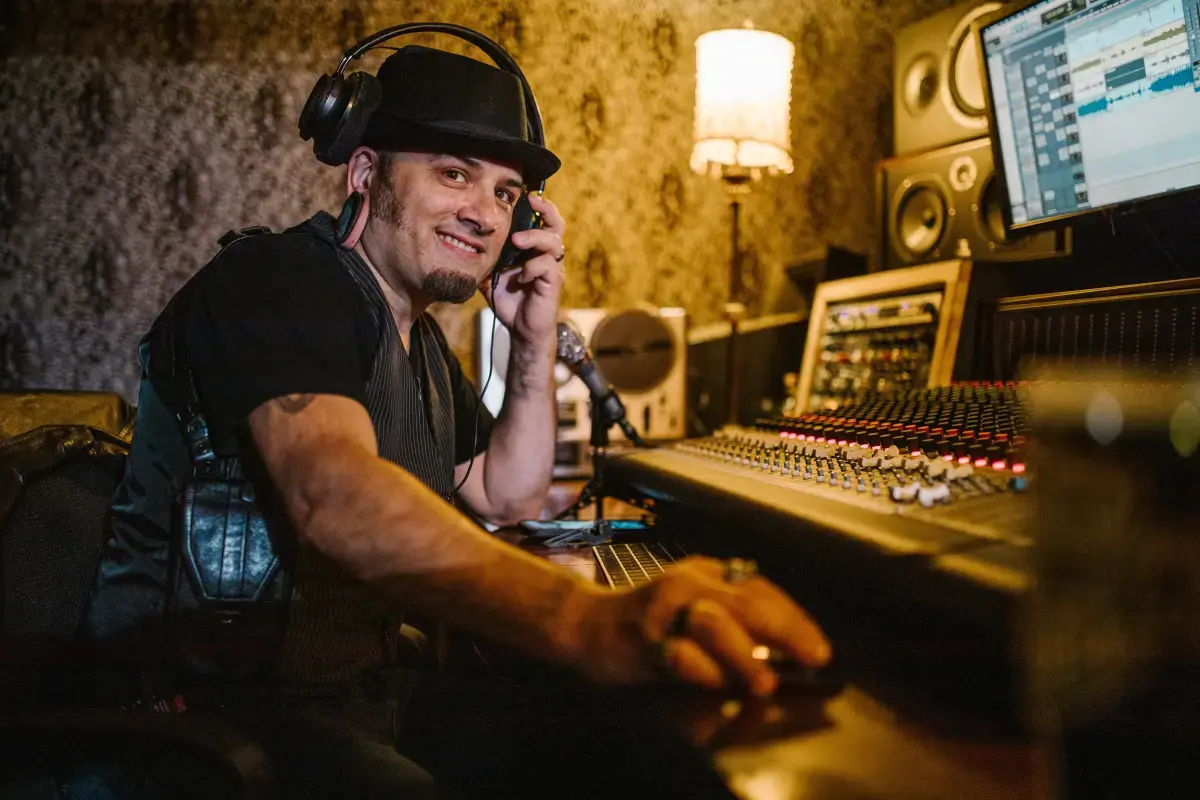
What are the Working Conditions for a Music Producer?
A music producer is responsible for overseeing the creative and technical aspects of recording a song or album. This includes working with artists, musicians, managers, engineers, record labels and other industry professionals to ensure that the end product meets all expectations. The general working conditions for a music producer vary depending on the type of project they are working on. On larger projects where budgets allow it can involve being in a studio environment full time while smaller projects may require more remote work. In terms of hours worked most producers will have flexible schedules as there are different demands at different stages throughout production which requires them to be available at short notice or work late nights if necessary. It is also common for producers to travel between studios so having access to transport (car/bike) is beneficial though not essential in some cases. Producers need to be organised and able to manage their own time efficiently as well as others who may be involved in the project such as session players or vocalists etc., Communication skills are key when dealing with clients from various backgrounds including those from within the industry itself so it’s important that producers demonstrate good interpersonal abilities too. Lastly, having an understanding and knowledge of current trends within popular music production styles is critical for success as this ensures that whatever sound youre creating fits into what people want right now - something which could make or break your career!

What are the roles and responsibilities of a Music Producer?
Finding and signing new artists
Working with artists to develop their sound and style
Overseeing the recording process
Choosing which songs will be recorded and released
Collaborating with songwriters to create new material
Arranging for musicians and other collaborators to work on recordings
Mixing and mastering finished tracks
Planning marketing and promotion strategies for releases
Negotiating record deals and other contracts
Developing creative marketing campaigns around releases
Booking tours and other live performance opportunities
Coordinating publicity, radio, and television appearances
Staff management
Financial management
Royalty accounting
Product development
Artist relationships
A&R administration
Label relations 20 Sync licensing
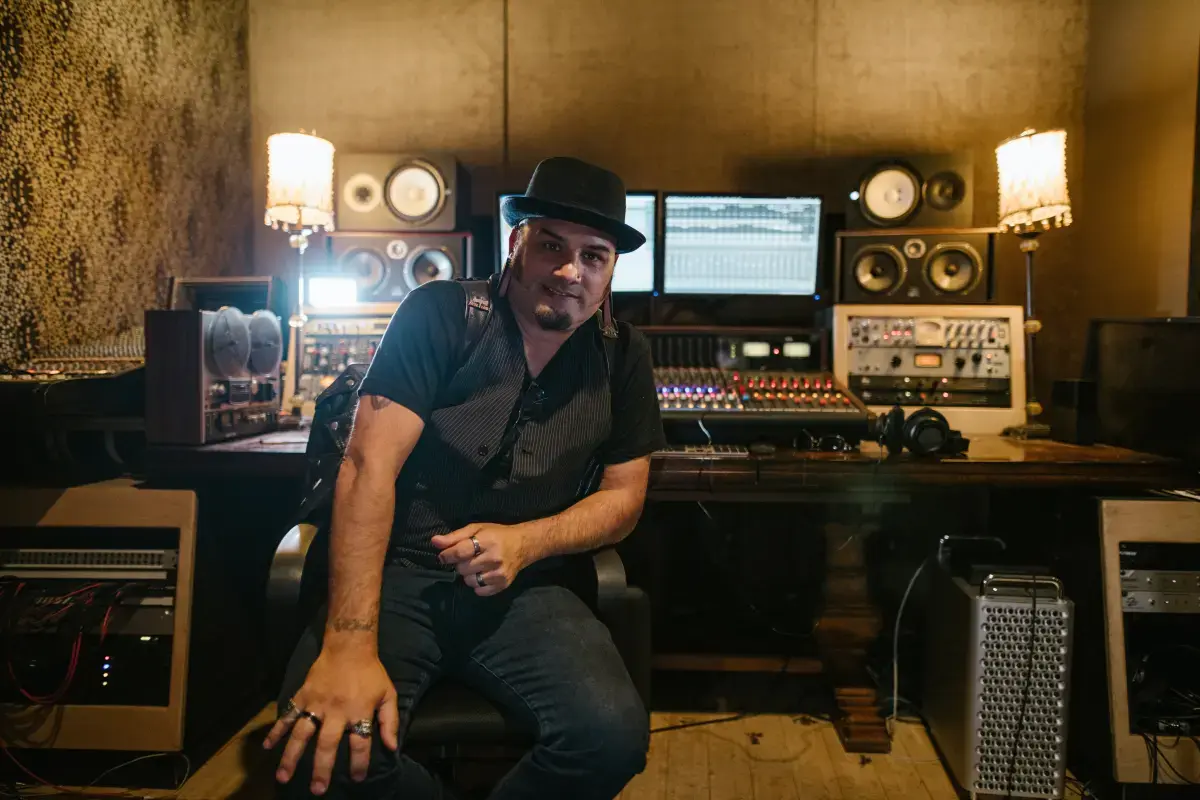
Where can I find Music Producer jobs?
- Create a profile on gigexchange and promote your Music Producer skills to advertise you are Open to New Work Opportunities
- Ensure your Resume (or CV), or online work profile is up to date and represents your skills and experience. Ensure your reputation reflects your ability & attitude.
- Apply for Music Producer Jobs advertised on gigexchange.
- Practise Music Producer interview techniques to ensure you represent your personality and ability succinctly and confidently.
- Accept the job offer if the salary meets your expectations and the employer mission and purpose reflects your core values.
Jobs
What are the best job boards for Record Producer jobs?

How can I hire Music Producer staff online for my business?
The best job board for recruiting Music Producer experts is gigexchange.com. Advertise full-time, part-time or contract jobs to find, hire & recruit trusted, experienced and talented Music Producer candidates near you.
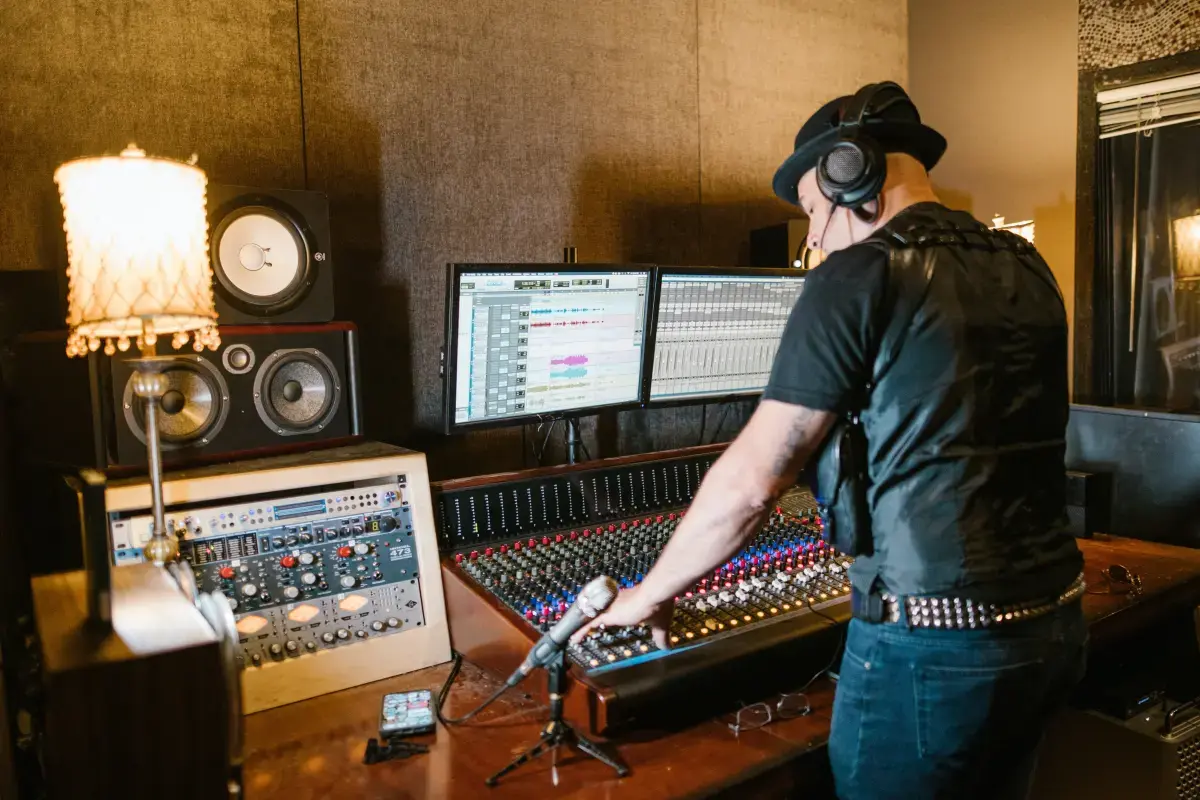
Are Music Producer roles in demand in 2026?
Music Producer experts are still in high demand in 2026. If you are an experienced Music Producer or looking to train and become one. The job market is looking strong for Music Producer jobs near me.